What Is Low-Caffeine Pre-Workout & Why You Need It
Author:
Unlock your full potential by engaging with our experts and community! Have questions about your fitness journey or looking for expert advice on weightlifting techniques? Don’t hesitate — leave a comment below and Oleksandr Maksymenko will provide a personalized answer and insights to help you reach your goals.
Torokhtiy is reader-supported. Some links are affiliate links, and we may earn a commission at no extra cost to you. See our disclosure page for details.
Ever felt those jitters or anxiety after taking a regular pre-workout? If you have, then a low-caffeine pre-workout might be just what the doctor ordered. This type of alternative will give you the same benefits as its high-caffeine counterpart, but without those nasty side effects.
Do you need it? Well, if you’re sensitive to caffeine or you work out later in the day, you might want to consider it. It’s also great for people who want to avoid crashes that you normally have to suffer through with highly caffeinated products.
This is a topic we have a bunch of information on, so let’s get started!
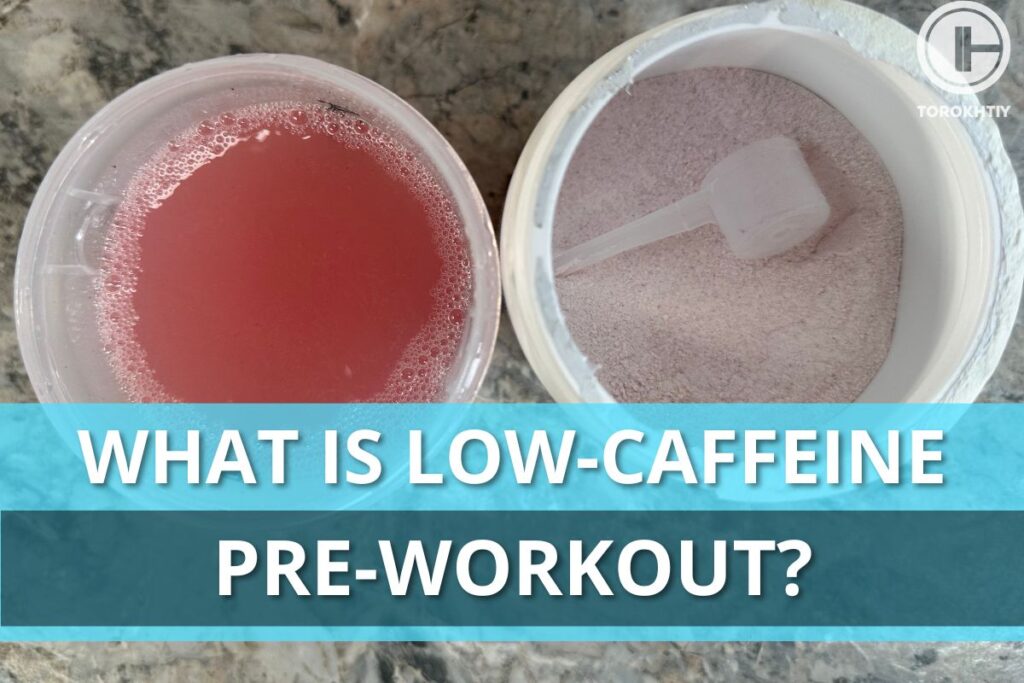
Why do you need Pre Workout with Low Caffeine?
1. You Have a Caffeine Sensitivity
Many people inherently have troubles with large doses of caffeine Given that caffeine is found in many beverages like tea, coffee, cocoa, cola, and others, as well as in foods like chocolate, with an already high intake, the extra servings from the pre-workout may be excessive. Some even exhibit symptoms of caffeine intolerance.
Caffeine intolerance is a condition in which a person experiences negative side effects after consuming even small amounts of caffeine. These side effects can range from mild to severe and may include symptoms such as headaches, anxiety, restlessness, insomnia, heart palpitations, gastrointestinal discomfort, and irritability.

Many pre workout supplements have about 200 mg of caffeine per serving. This dose is well tolerated by most adults, but if you are caffeine-sensitive, then you’ll definitely want to avoid this kind of supplement.
Choosing an option that has no caffeine or around 100 mg of caffeine or less, you’ll have a significantly lower chance of the negative side effects associated with high doses of caffeine. This way you can still enjoy the benefits of pre workout supplements without all the associated negatives.
2. You’re Having Sleep Troubles
One of the most common complaints with caffeine is that it affects people’s sleep schedules. Especially if you’re someone that works out in the evening, this can be a real concern. This is where choosing a stimulant free option will be your best option, as caffeine can seriously affect your sleep if you’re consuming it within 6 hours of going to bed.
Even if you choose a low caffeine pre workout, it’s still best practice to not consume it in the evening. It’s common advice to avoid caffeine past 2 p.m. if you’re looking to establish better sleep habits.
3. You’re Still a Young Teenager
While most adults can choose how much caffeine they want to consume, teenagers are different. It’s common medical advice for people between the ages of 12 and 17 to have less than 100mg of caffeine per day. This means choosing either a stimulant free option, or a low caffeine option will be a good decision for teens in this age range.
5 Benefits of Low-Caffeine Pre-Workouts
✅ Better Sleep
If you have a low-caffeine pre-workout, you’ll sleep better and there’s less risk of insomnia and messed up sleeping patterns. This might not be necessary for everyone, but if you work out at night, you’ll appreciate this.
✅ Lower Anxiety Level
High doses of caffeine can cause jitteriness and increased anxiety. With a low-caffeine pre-workout, you get an energy boost without these side effects.
✅ Sustained Energy
Low-caffeine pre-workouts combine caffeine with other ingredients that provide a more gradual and sustained release of energy. This means that there are no spikes and crashes you usually have to deal with if you take a pre-workout that has a lot of caffeine.
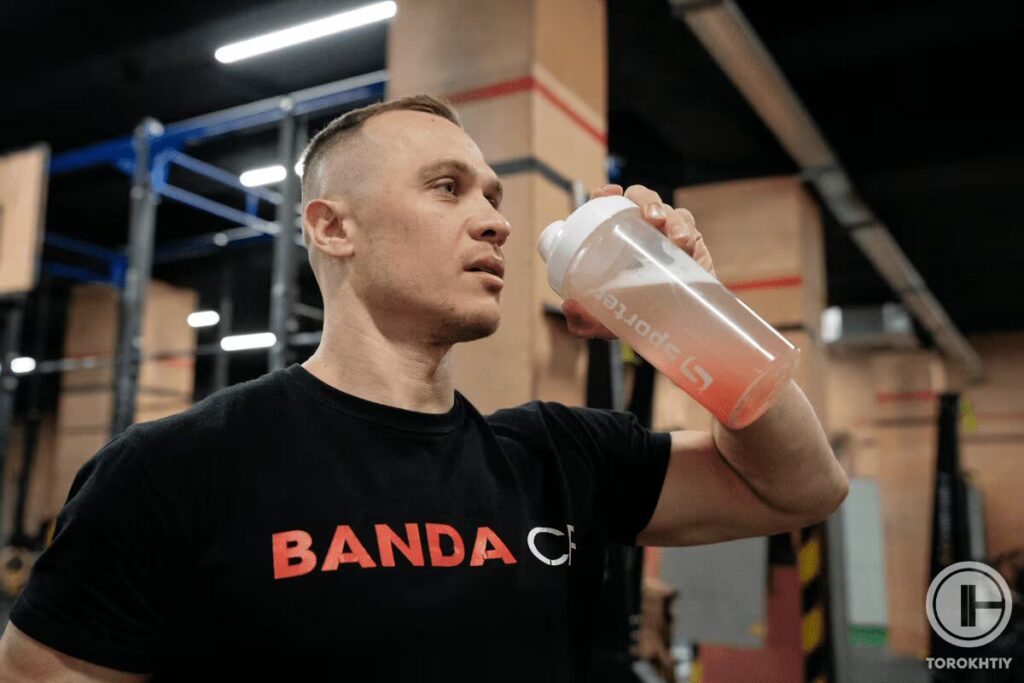
✅ Better Heart Health
If you consume a lot of caffeine, it can increase your heart rate and blood pressure, and that’s never good. Low-caffeine pre-workouts reduce these risks and help with cardiovascular health.
✅ Less Digestive Issues
High levels of caffeine can sometimes cause problems with digestion, like acid reflux or upset stomach. Low-caffeine options are far less likely to cause these issues.
How to find the best Low Caffeine Pre Workouts?
1. Stimulation
This ultimately comes down to a matter of personal preference. When looking for a pre workout with lower stimulation, there is still a wide range of caffeine levels to choose from. The options on our list span from 0 mg to 135 mg per serving.
For example, an 100mg caffeine pre workout will have very different effects than a 40mg or 0mg option. It’s up to you to decide what level of stimulation you’re looking for and what’s right for you.
2. Taste/Flavor
With many of the pre workouts on our list featuring a wide range of flavors, this is also a matter of personal preference. Some pre workouts will mix better than others and have an overall better taste than others. This is an area where trying several different options may be necessary to determine which one is your favorite.
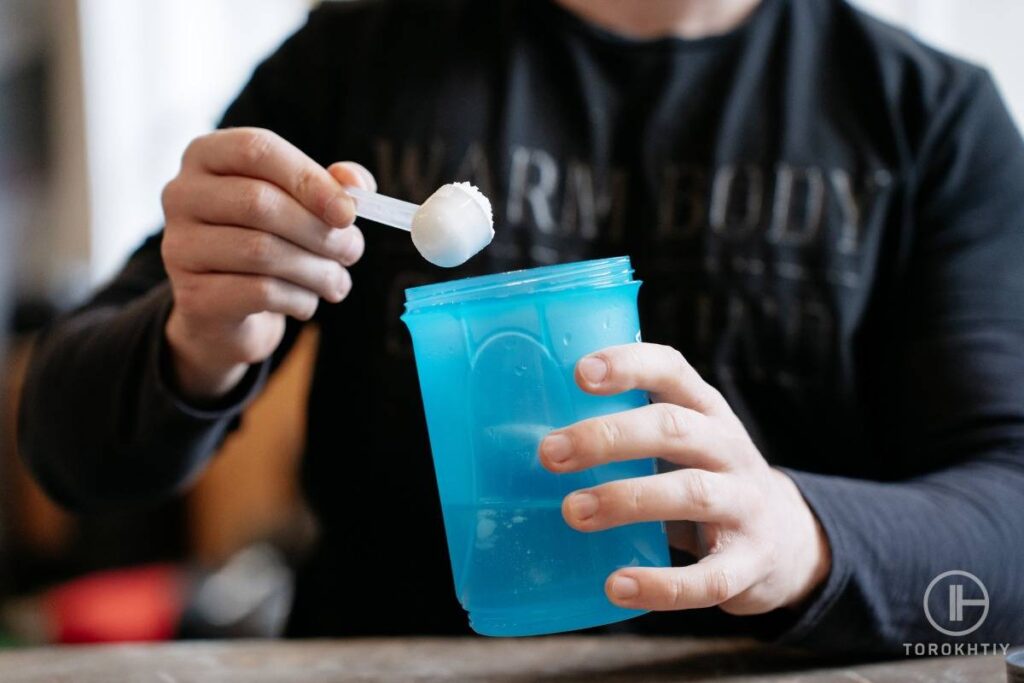
3. Nutrition Label Transparency
Arguably the most important aspect of choosing a pre workout is understanding the composition of ingredients in each supplement you’re looking at. Nutrition label transparency involves not only knowing the doses of each ingredient found in the supplement, but whether or not there are any unnecessary filler ingredients as well.
4. Value for Money
Finally, as with any supplement, you should ensure you’re getting your money’s worth in each serving. You can calculate how much each serving costs by dividing the price of the container by how many servings it contains. Keep in mind that the dose of ingredients per serving also plays a part in how much value you’re getting for your money as well.
Stim-Free Non Caffeinated Performance Formula
- Item Form: Powder
- Diet Type: Bulking, Cutting, Maintaining Weight
- Flavor: Cherry Limeade, Sour Grape, Blue Raspberry, Green Apple, Orange, Peach Mango, Strawberry Lemonade, Tropical Punch
- Caffeine: 0mg
- Special Ingredients: BCAA, Citrulline Malate, Beta-Alanine, Betapure, Taurine, L-Tyrosine, elevATP
- Package Information: 684g
- Serving: 22.8g
- Company Founded: 2015
- Recommended by Athletes: Hafthor Bjornsson, Paul Sklar, Sean Harris
Overall, this is the most complete stimulant free pre workout available on the market. Combining BCAA, Beta-Alanine, Citrulline Malate and numerous other ingredients at effective doses, Transparent Labs’ product proves you don’t need caffeine to have a great pre workout.
On top of this, the supplement features a wide range of flavors, all formulated with no artificial sweeteners, coloring, or preservatives.
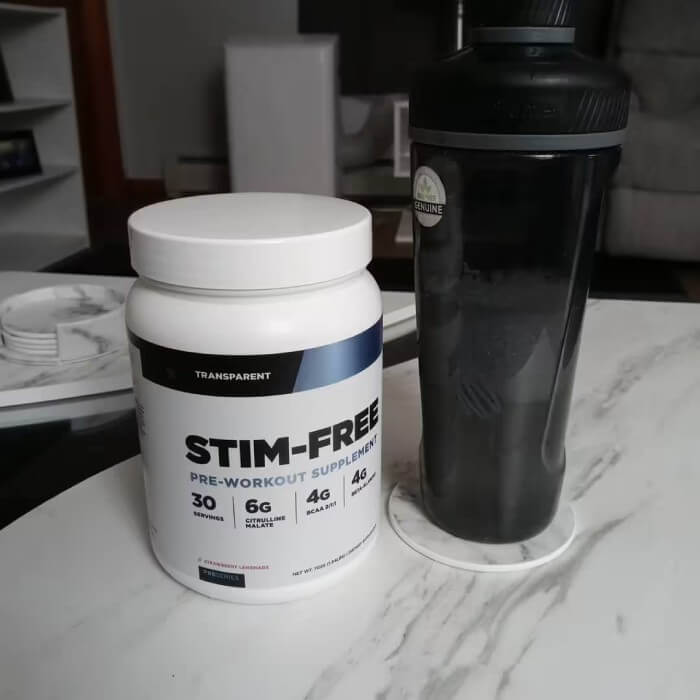
If you are looking for a pre workout with caffeine, Transparent Labs Bulk and Cut formulas are both great choices. Both of these supplements feature a very similar formula to the Stim-Free option with 200mg of caffeine per serving. Although these couldn’t be called “low caffeine pre workouts”, they still have a more reasonable dose then some other supplements on the market.
2 Pre Workout with Low Caffeine Tips
1. When to Take Pre Workout?
Pre workout should ideally be taken anywhere between 15 to 30 minutes before a workout to ensure maximum effectiveness. Some people prefer to drink their pre workouts throughout their workout, although this is only recommended for especially long workouts.
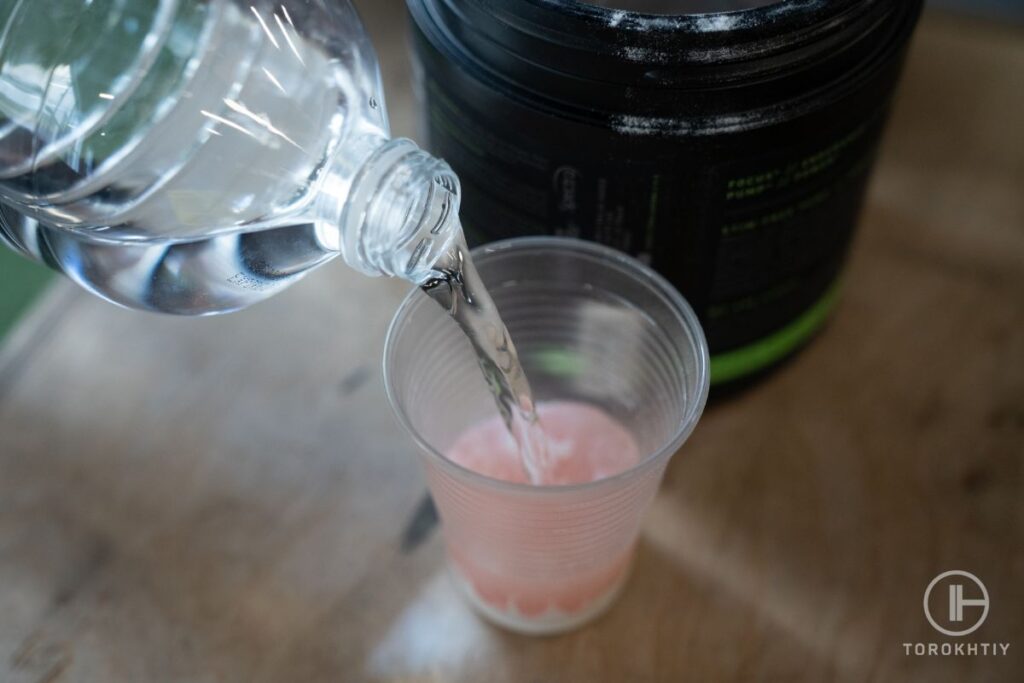
Remember that if you’re taking a caffeinated pre workout consider the time of day as well to ensure you’re not disrupting your sleep schedule.
2. What to Mix Pre Workout with?
Most pre workouts are taken simply mixed with water as they already come with strong flavors. However, you can absolutely mix pre workouts with juice, or blend them into a smoothie as well. We only recommend this if you have a mild or unflavored pre workout, as the taste will likely be very unpleasant otherwise.
FAQ
What is the Lowest Caffeine in Pre Workout?
The lowest caffeine available in pre workouts is 0mg. While most people associate pre workouts with incredibly high doses of caffeine, there are still many benefits to taking a pre workout with no stimulants, with ingredients like beta-alanine and creatine still providing serious benefits to strength athletes.
Is Non Caffeine Pre Workout Better?
It depends on the athlete taking the pre workout. If someone is especially young or caffeine sensitive, then yes, non caffeinated pre workout will be better. However, if someone is looking for high amounts of stimulation in their pre workout, then they may want to look for a different option.
Conclusion
Going for a low-caffeine pre-workout can be a good choice for a lot of people who are sensitive to caffeine or just want to manage their intake. This kind of pre-workout is a balanced way to boost your energy and improve your performance but without suffering the side effects of caffeine, like jitters or messed up sleeping pattern.
If you want our recommendation, we can’t praise the Transparent Labs STIM-FREE NON CAFFEINATED PERFORMANCE FORMULA enough. With no caffeine and high, efficacious doses of its other ingredients, this is a great pick for anybody looking for a stimulant free choice.
Do you have a favorite low caffeine pre workout? Have you tried the one we recommend? Let us know your thoughts in the comments below!
Also Read:
References:
- Interindividual Differences in Caffeine Metabolism and Factors Driving Caffeine Consumption // NIH: https://pubmed.ncbi.nlm.nih.gov /29514871/
- Effects of caffeine on sleep quality and daytime functioning // NIH: https://www.ncbi.nlm.nih.gov/ pmc/articles/ PMC6292246/
- 3 simple ways to get more restful sleep // Harvard: https://www.health.harvard.edu /staying-healthy/3-ways-to-get-more-restful-sleep
- Caffeine and Kids // Columbia: https://www.cuimc.columbia.edu /news/caffeine-and-kids
- Workout Supplements // Harvard: https://www.hsph.harvard.edu/ nutritionsource/ workout-supplements/
- EFFECTS OF BETA-ALANINE ON ANAEROBIC PERFORMANCE // International Journal of Exercise Science: Conference Proceedings: https://digitalcommons.wku.edu /ijesab/vol8/iss8/67/
- International Society of Sports Nutrition position stand: safety and efficacy of creatine supplementation in exercise, sport, and medicine // NIH: https://pubmed.ncbi.nlm.nih.gov /28615996/
- Photos by Torokhtiy Media Team.
Why Trust Us?
With over 20 years in Olympic weightlifting, strength training, nutrition coaching, and general fitness our team does its best to provide the audience with ultimate support and meet the needs and requirements of advanced athletes and professional lifters, as well as people who strive to open new opportunities and develop their physical capabilities with us.
By trusting the recommendations of our certified experts in coaching, nutrition, and sports training programming, as well as scientific consultants, and physiotherapists, we provide you with thorough, well-considered, and scientifically proven content. All the information given in the articles concerning workout programming, separate exercises, and athletic performance, in general, is based on verified data.
The product testing process is described in more detail here.
Author: Oleksandr Maksymenko
Certified Sports Nutritionist,
MSc Sports Dietetics
Specializing in: Weight management, Fitness / Sports nutrition
Oleksandr is a professional fitness nutritionist certified by the Fitness Professional Association (FPA). He follows the principles of evidence-based dietetics and fosters a healthy relationship with food in his clients, ensuring there are no strict prohibitions on their favorite foods or frequent lapses. His primary goal is not only to achieve results for you but also to sustain them over the long term, all while enjoying tasty and delicious food.



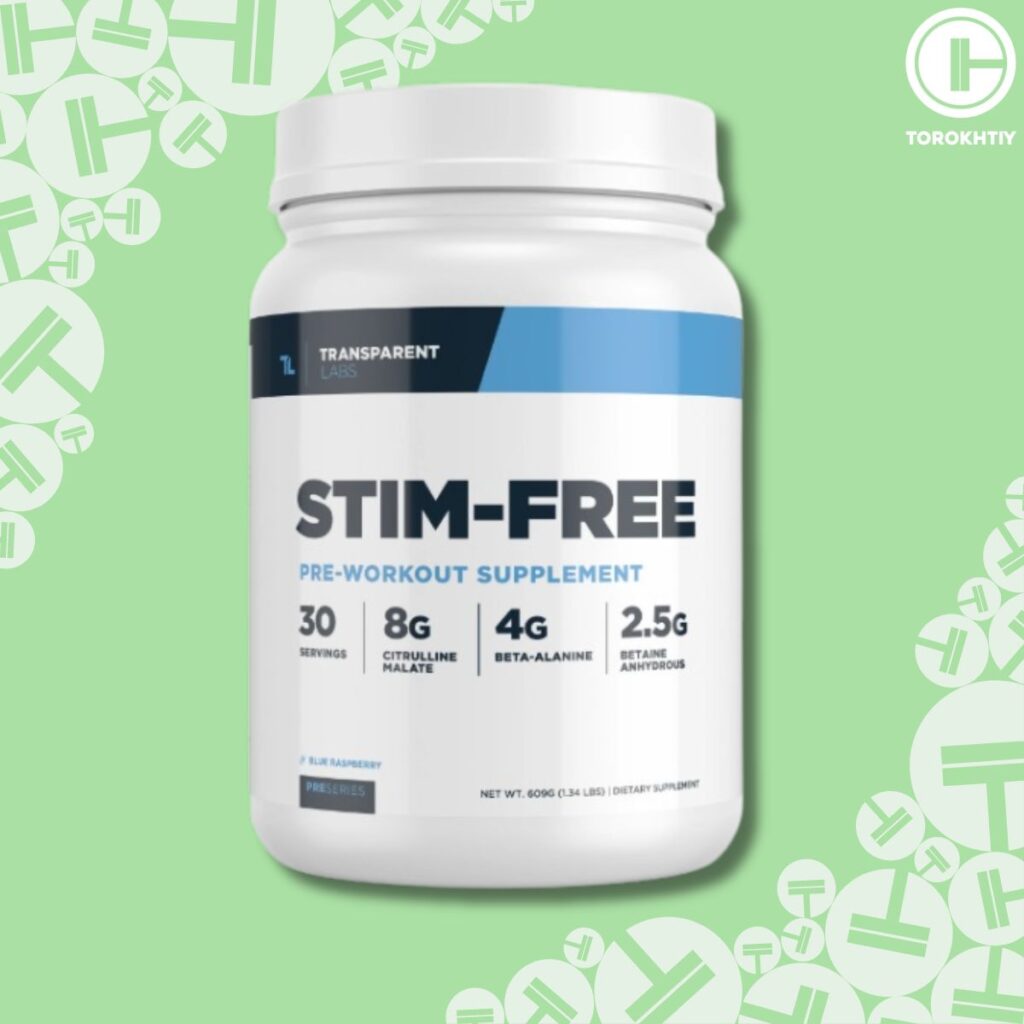
Still have questions after reading our article? Unlock your full potential by engaging with our experts and community! Don’t hesitate — leave a comment below and Oleksandr Maksymenko will provide a personalized answer and insights to help you reach your goals.